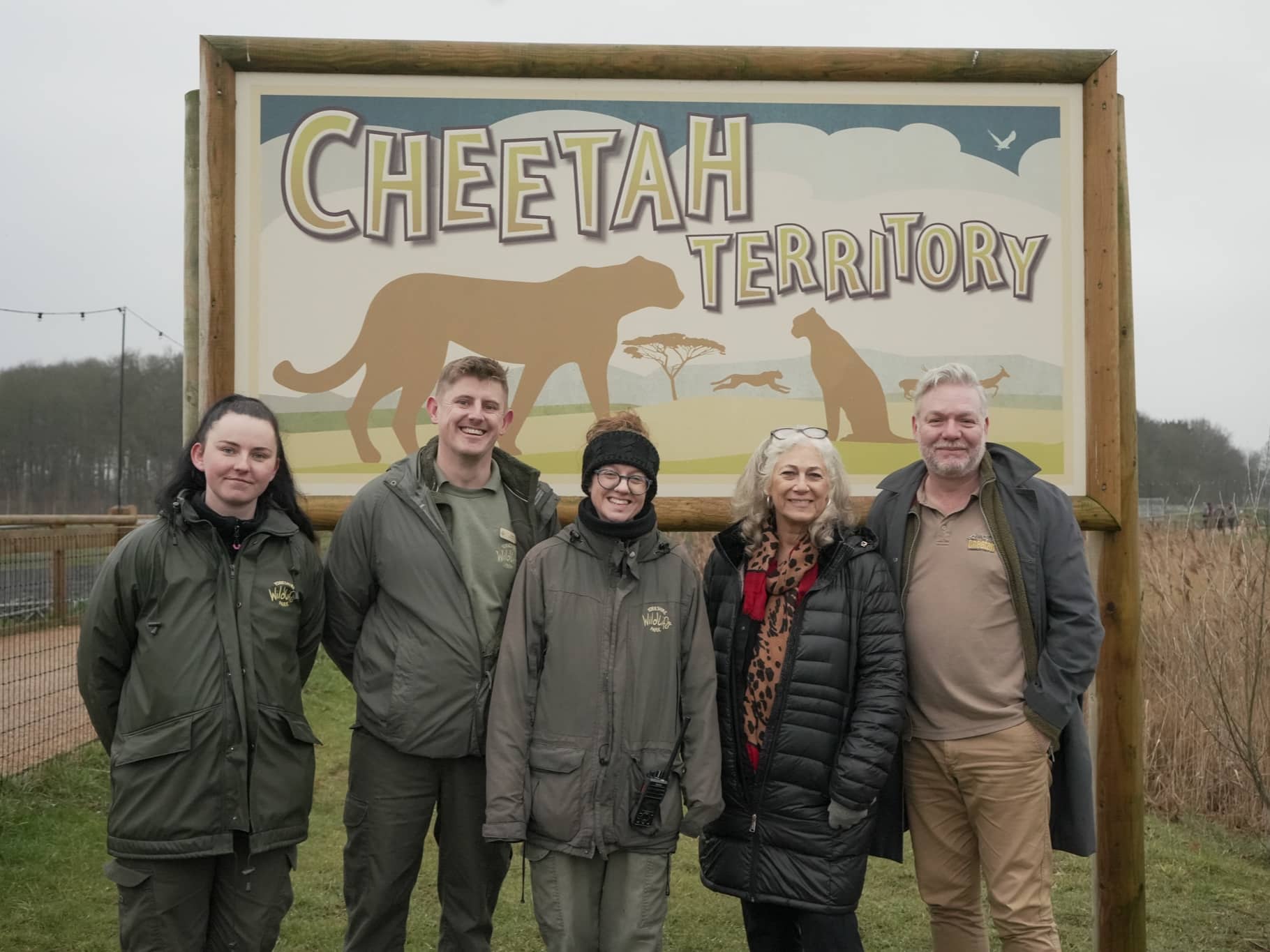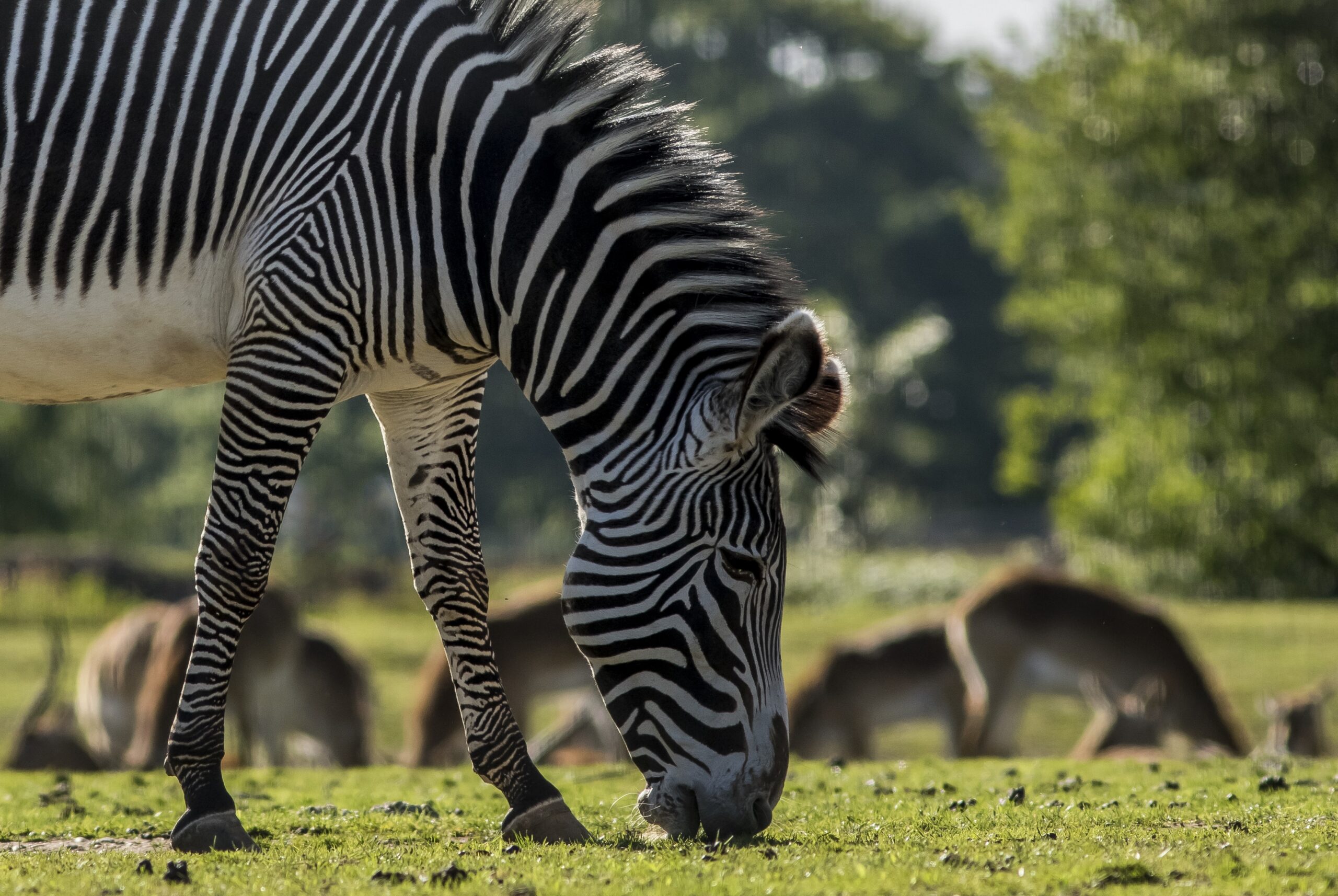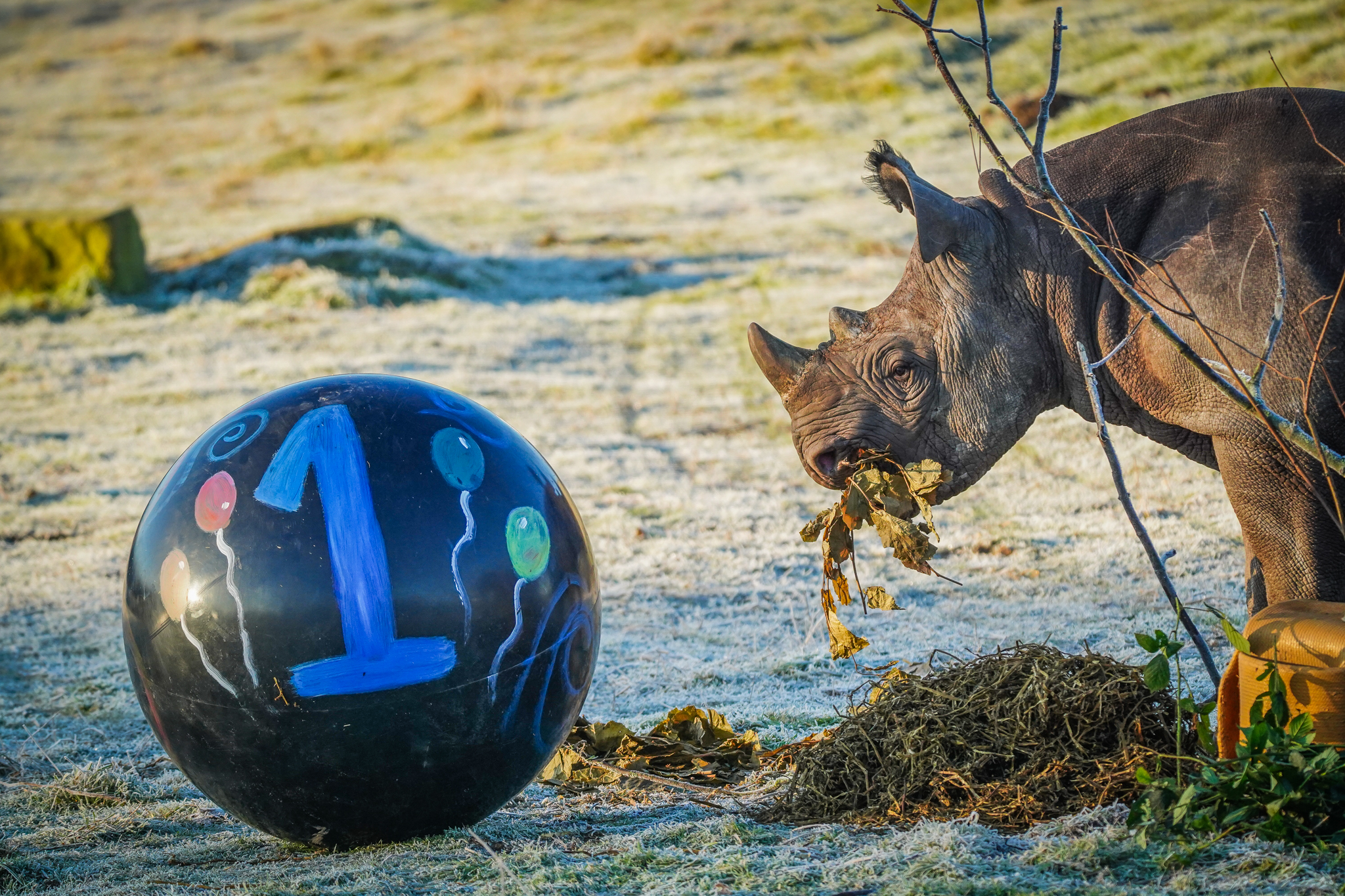With World Otter Day having just passed, we wanted to delve into the lives of these otterly fascinating creatures with a quick-fire fact-file! This is an especially pertinent day for WildLife Foundation because of the Giant Otters (Pteronura brasiliensis) we support, who are currently marked as Endangered on the worldwide conservation status list.
Devastated by poaching for their velvety pelt and habitat degradation in their native South America, Giant Otters have been reduced to fewer than 5,000 in the wild. While these beautiful creatures’ populations may be at risk there is still so much to celebrate about them. Join us and discover 5 fascinating facts about Giant Otters to celebrate World Otter Day!
- Giant Otters are often referred to as the ‘river wolf’ because they have very few natural predators and compete for food, such a piranhas, with the likes of Jaguars and black caimans. Jaguars are said to be their only predator.
- Giant Otter cubs are born completely covered in hair, they are one of the only carnivores with a fur-covered nose!
- Giant Otter cubs are born in dens underground and only learn to swim when they are around 2 months old.
- Native to South America the Giant Otter is the longest member of the Mustelidae (weasel) family, growing up to a rather giant length of 5.6ft.
- While in the past, poaching for pelts was the giant otters’ gravest threat, they are now most threatened by increased human settlement and activity throughout the species range.
There are now fewer than 5,000 Giant Otters in the wild, if you’ve been inspired to help protect these magnificent creatures, donate today by clicking on the link below.











